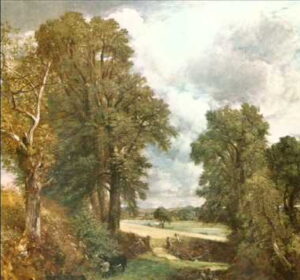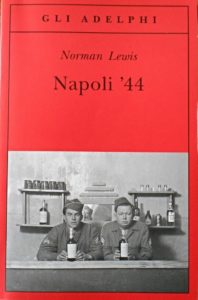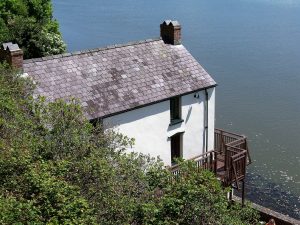 My tastes in music are distinctly catholic; the same being true of both popular and classical repertoires. With regard to the latter I must admit to being a romantic (actually probably true in many spheres) – the which never quite sat right with more formal classicists like my father whose interests tended toward the mathematical rather than the emotional.
My tastes in music are distinctly catholic; the same being true of both popular and classical repertoires. With regard to the latter I must admit to being a romantic (actually probably true in many spheres) – the which never quite sat right with more formal classicists like my father whose interests tended toward the mathematical rather than the emotional.
I make no apologies for that…
I have a particular passion for the composers of what might be considered the golden age of British music (contentious, I know – but not the main drift of this post) – the music of Elgar, Holst and Vaughan Williams all being dear to my heart. Given the relatively low esteem in which English composers are held in general by comparison with the greats of classical music I sometimes wonder just what it is about this music which touches my soul in ways that, say, Mozart and Beethoven – for all their acknowledged genius – do not.
Is there some musical chauvinism at work or could it really be that there is something in the music that captures an essence of (at least part of) the country and of its peoples?
I am – of course – far from alone in my appreciation for these works. The long running British radio program – ‘Desert Island Discs‘ – for which (often celebrity) guests choose the eight recordings with which they would care to be marooned on the fictive island of the title, noted that Vaughan Williams’ ‘The Lark Ascending‘ was one of the most frequently chosen pieces. Indeed – when the program ran a poll of its audience’s all time favourite recordings, ‘The Lark…’ came out on top.
The reason for my musing on this subject in the midst of a British Columbian winter is that I re-watched the other day a short BBC documentary from 2012 – hosted by the late Dame Dianna Rigg – on the subject of ‘The Lark…‘.
Vaughan Williams started work on the piece in 1914 just before the outbreak of the Great War, inspired by George Meredith’s poem of the same name. In the hiatus that ensued Vaughan Williams (who was 41 at the time) served as an ambulance driver in France and Salonika. After the war he re-visited ‘The Lark…‘ with the help of the English violinist, Marie Hall, to whom the piece is dedicated. The original version of the work – scored for solo violin and piano – was premiered in December of 1920 in conjunction with the Avonmouth and Shirehampton Choral Society, at Shirehampton Public Hall, not far from Bristol.
The main feature of the 2012 documentary was a re-creation of that first performance of ‘The Lark…‘ at Shirehampton Public Hall, with the young violin virtuoso, Julia Hwang, in the staring role. The audience comprised mainly good folk of what we might call ‘a certain age’ and as the piece progressed the camera lingered on individual faces so that the viewer might best measure the effect the the work has on those with familiar sensibilities. The audience did not disappoint and no British stiff-upper-lip could disguise their emotional response to the piece.
What struck me most was that at the time of the recording, Julia Hwang was a mere fifteen years old. How could one so young give a performance with such intense detail; laden with emotions of which she must a that age surely have been innocent?
Therein – I would humbly suggest – lies the formidable power of music…









Recent Comments